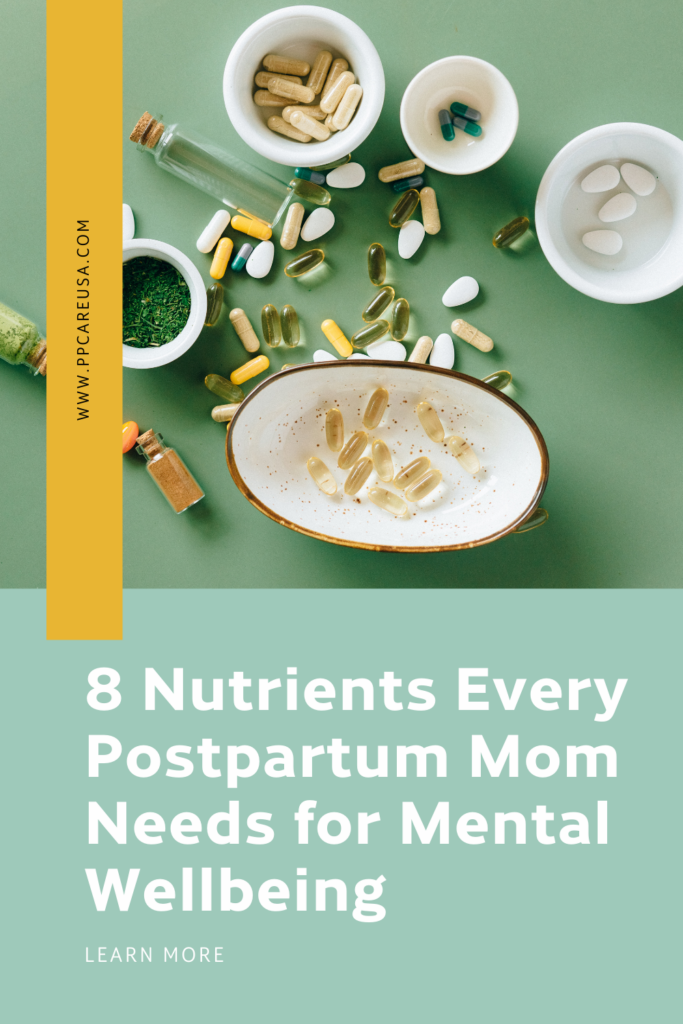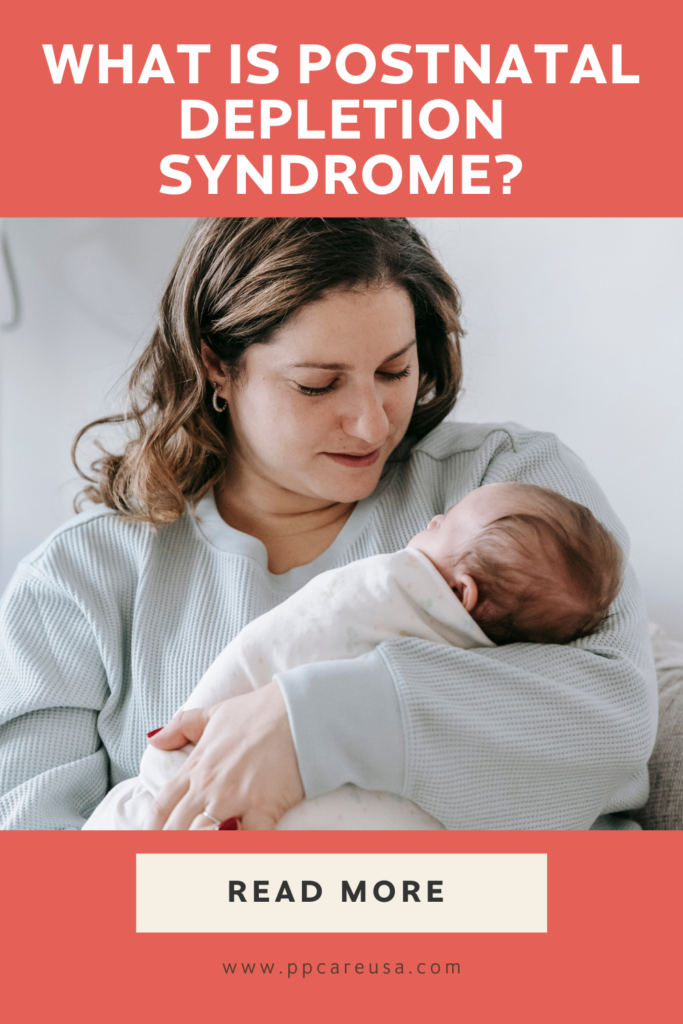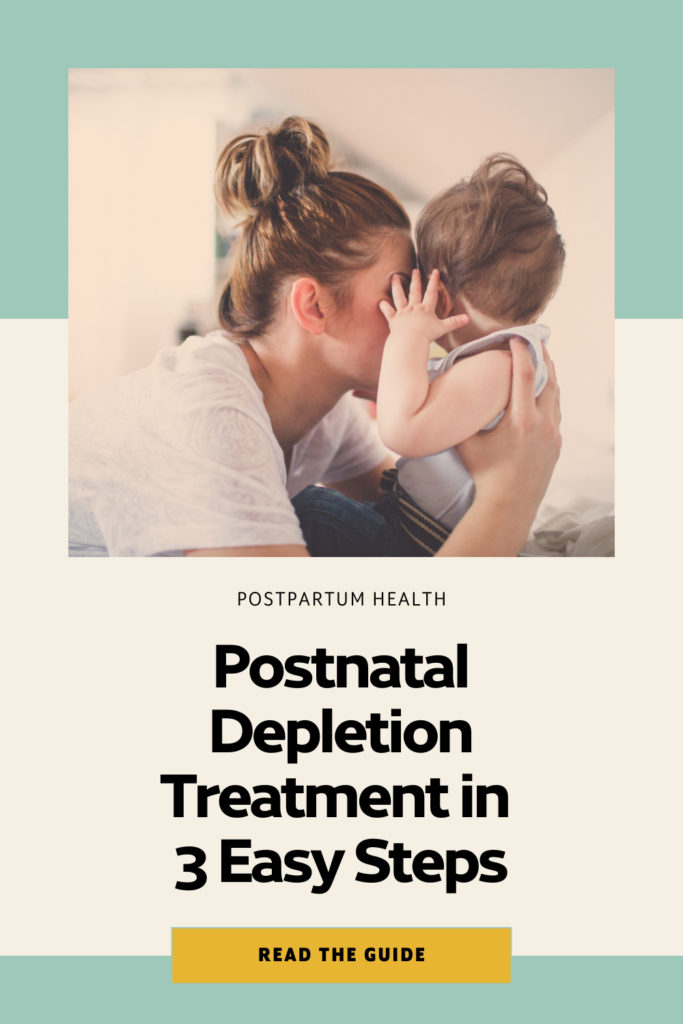Postnatal depletion syndrome is thought to occur in at least 50% of mothers at some point in the postpartum period. Yet, in the United States, the lack of proactive postpartum care can lead mothers to think that these feelings of exhaustion and overwhelm are the “new normal.”
At Postpartum Care USA, we believe that all women deserve access to holistic postpartum care from the comfort of their home that addresses the root causes of these postpartum issues.
The fact is, motherhood is a beautiful but demanding journey that can take a toll on your body and mind. If you’re feeling persistently exhausted, foggy, or “not like yourself” postpartum, you might be experiencing postnatal depletion syndrome. This blog explores what it is, why it happens, and how you can regain balance and vitality whether you are 6 weeks or 10 years postpartum!
What Is Postnatal Depletion Syndrome?
Postnatal depletion refers to the physical, emotional, and hormonal exhaustion many women face after giving birth. Coined by Dr. Oscar Serrallach, this condition encompasses symptoms often brushed off as “normal motherhood.” [1]
That’s because most OBGYNs in the United States are not properly trained in how to diagnose and manage postnatal depletion symptoms.
Postnatal Depletion Symptoms
Common symptoms of postnatal depletion include:
- Fatigue and low energy
- “Baby brain” (brain fog and forgetfulness)
- Mood swings, irritability, and emotional exhaustion
- Hair loss
- Anxiety, OCD, and overwhelm
- Hypervigilance
- Depression or rage
- Low libido
- Insomnia
What Causes Postnatal Depletion Syndrome?
Pregnancy and childbirth deplete a mother’s vital nutrients, and breastfeeding increases the demand. Coupled with sleep deprivation, societal pressures, and insufficient postpartum support, many mothers face a perfect storm of depletion.
Mothers who have children closer together are also more susceptible to developing postnatal depletion syndrome as the body does not have enough time to recover and replenish vital nutrients. [2]
How Long Does Postnatal Depletion Last?
Postnatal depletion can last anywhere from months to up to 10 years if left unaddressed. Recovery time depends on factors like nutrition, sleep, and overall support systems.
Postnatal Depletion Treatment
While there’s no single cure, you can take steps to recover:
1. Replenish Nutrients
Key nutrients include:
- Vitamin D, B12, and A
- Iron and magnesium
- Omega-3 fatty acids
- Choline and zinc
Supplements can be a helpful addition if diet alone isn’t enough.
We have a list of supplement brands we recommend to mamas in our Fullscript Store.
2. Balance Postpartum Hormones
Hormonal imbalances postpartum can exacerbate symptoms. Strategies like stress reduction, adequate sleep, and nutrient support are vital for restoring balance.
3. Prioritize Rest and Recovery
Adopt strategies like:
- Sleeping when your baby sleeps (even for short naps)
- Accepting help from family and friends
- Practicing self-care, even in small doses
Customized root cause labwork is needed to determine where the nutrition, electrolyte, and hormone imbalances lie. Book a New Mama Virtual Health Assessment with one of our providers here.
Postnatal Depletion Supplements
High-quality postnatal vitamins and supplements can support recovery. Look for ones that include iron, B vitamins, omega-3s, and zinc. Consult your healthcare provider before starting any new supplements.
Will I Ever Feel Normal Again Postpartum?
The short answer: Yes, you will feel normal again after having a baby– with the right care.
While postnatal depletion can feel overwhelming, recovery is possible through consistent nutrient replenishment, adequate rest, and hormonal support.
Conclusion
Postnatal depletion syndrome is common but often misunderstood or overlooked. By recognizing the symptoms, addressing the root causes, and giving yourself grace, you can take steps toward feeling like yourself again.
If you’re ready to start your recovery journey, consider consulting with a healthcare provider or nutritionist who specializes in postpartum health. Remember, taking care of yourself isn’t just good for you—it’s essential for your baby and family, too.
References:
1- https://www.droscarserrallach.com
2- https://www.mdpi.com/2072-6643/11/12/2891
Pin this for later:



Postnatal Depletion
Meet the Team
Our Services
Supplements
A virtual healthcare clinic that helps postpartum mamas recover from postnatal depletion syndrome with a holistic approach.

Get in touch